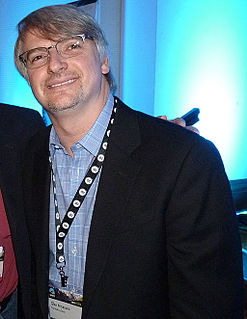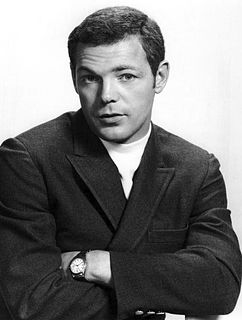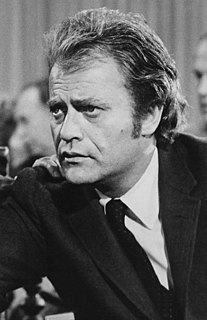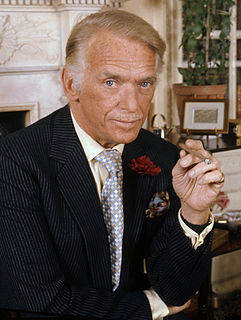A Quote by Sharon Gless
Studios were just run differently. There really was a head of a studio. There were people who loved their studios. Who worked for their studios and were loaned out to other people and everybody sort of got a piece. Well now there's a handful now.
Related Quotes
In the '60s and '70s it was a great period for American films because studios were still run by individuals who worked off the seat of their pants and went along with things. At that time, they were very uncertain about what to make because of the influence of television. A lot of really terrific movies were made. But then the studios gradually became more corporate and were owned by corporations and run in that way and now they're very nervous. You see what they make - sequels, franchises and try not to take risks.
There were two recording studios in Bellingham. One was really expensive, a "nice studio." We were at the point where we were young and irreverent. We would scoff at the idea of a nice studio. "Why would you want to go to a nice studio? Oh wow, they have really expensive gear. Ooh, that's really fancy. Well we've got an eight-track. We've got it going on here." Now that we have the resources, we're like, "Oh wow, a nice studio is pretty nice! They do have nice outboards here. It's actually a pretty good place." It's funny how much changes so quickly.
I've been working in Hollywood for a long time now in many different aspects in front of the camera, behind the camera, and I've worked with top executives, presidents of networks. I've worked all around. I see energy and what's around these studios and a lot of these offices. You don't get the high positions in these companies if you don't take advantage of other people in some way. I've seen that around. I've seen that around the studios, whether it's producers or whoever. Egos are there. Greed.
There are times when you need to step back and realize that movie studios today are not necessarily the same things that they were many years ago. Many movie studios are international conglomerates now. They own everything from theme parks to toy companies to T-shirt companies to video companies. There's a lot of different wheels to be greased.
There were the days when women were under contract, and they were thought of as a commodity, so they hired the best writers and a lot of them were women at the time. This was in the thirties and forties, to make product for the people who were under contract, who were their assets to the studios. But that doesn't exist anymore - and as a result, the people who are in the industry write products that interest them.
All the songs on the first album were like skeletons of how we really played them. It was just a combination of not having any studio experience and having to do everything so fast. I also think that studios are, by nature, limiting. You cannot get the sound of five big amplifiers on a little piece of tape.
When it all started, record companies - and there were many of them, and this was a good thing - were run by people who loved records, people like Ahmet Ertegun, who ran Atlantic Records, who were record collectors. They got in it because they loved music... Now, record companies are run by lawyers and accountants.
All the interesting films are now being made by their subsidiaries for very low budgets. But the studios are not making money. They're making these big, very expensive pictures that take a lot of money but don't really pay for their costs. So they're having a very difficult time. I can see the system breaking down. I think the American studios are a reflection or a metaphor for American industry altogether, which is failing in the world. Its economic domination is being broken down and I think the same thing is happening to the studios.
There were two writer's unions in those days[ during World War II ] , the studio-friendly guild called the Screen Playwrights, and the more activist Writer's Guild. The studios were fairly upset that their group wasn't effective, and they sought to punish the other union by labeling them as Communists.



































